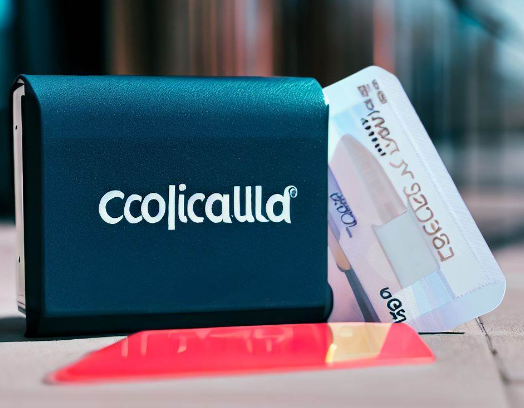Back in early January, I wrote about a legal case where Dr. Niles Rosen alleged impropriety after Exact Sciences offered him a $75 gift card to return his Cologuard stool test. January 8 here. Dark Daily updated us on the case on March 6, here.
These articles discuss that the $75 cards seem like a kickback problem, but, there's a section of statute allowing renumeration or gifts in regards to preventive services. There's no question that Cologuard is a preventive service, so this exemption seems like a get out of jail free card that puts the issue to rest.
On March 29, 2022, OIG released Advisory Opinion 23-03, carefully endorsing the $75 gift cards, and carefully citing the "preventive services" statute regarding gifts. Find the OIG letter here (with a tip of the hat to Dr. Joel Brill.)
Normally, OIG opinions are redacted to be anonymous, as least to anyone who's not a close insider. In this case, from A to Z it's obviously about Cologuard and its card program. The OIG says that from square one, the cards would be an inducement problem, but they are saved by the preventive services clause. The preventive services exception is a short, simple remark at SSA 1128A(i)(6) at (D).
One twist: The cards have to be carefully designed to not allow cash-back. While most kickback laws refer to "in cash or in kind," with no special status for cash, the preventive services exception specifically says never cash, so it has to be a restricted card. (In practice, for most of us, a $75 visa card is so similar to cash there's not much practical difference, but the letter of the law is followed).
CMS Disses Colonoscopy
On page 3, OIG quotes from 11/2022 rulemaking which revamped the age of testing from 50 to 45. At that time, CMS also stated, "There are several advantages to choosing a non-invasive stool-based screening test as a first step compared to screening colonoscopy...[avoiding colonoscopy] would benefit the Medicare program. In many cases, a colonoscopy is not the appropriate first step...and represents an unnecessary burden and over-servicing for...the healthcare system." 87 FR 69764-65. 11/18/22.
Footnotes
The legal case seems to be soldiering on with motions and counter-motions as recently as 2/2023 here and here.
There's a subscription new OIG story on the topic 30 March 2023 at Medtech Intelligence here.
AI Pic (Bing/Create):
 |
| pic by AI: "cologuard plus a credit card" |
Below, I provide a GPT4 summary of the 12-page case.
This publication is AO-2023-03, an OIG Advisory Opinion on a proposed arrangement involving the offering of gift cards to Medicare beneficiaries who follow through with a particular colon cancer screening test (the Test).
The OIG has reviewed the proposed arrangement, focusing on the exception under section 1128A(i)(6)(D), which is applicable when the service in question is a "preventive service." In this case, the Test is considered a preventive service, as it is recommended by the USPSTF and the American Cancer Society.
The OIG concluded that although the Proposed Arrangement could generate prohibited remuneration under the Federal Anti-Kickback Statute if the requisite intent were present, the OIG would not impose administrative sanctions on the Requestors in connection with the Proposed Arrangement due to the preventive service exception. Additionally, the Proposed Arrangement would not constitute grounds for the imposition of administrative sanctions under the Beneficiary Inducements CMP or section 1128(b)(7) of the Act, as that section relates to the commission of acts described in the Beneficiary Inducements CMP, considering the Test's classification as a preventive service and the safeguards in place to prevent abuse.
###
In addition to the preventive services clause (D) discussed under 1128A, there's also a general saving clause for gifts of low risk to cause inducement while promoting access to care (F). There's also a waiver for discounts to copays triggered by a outlier adjustment on a case (E).